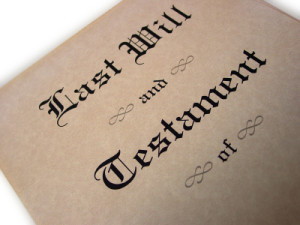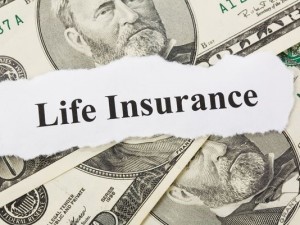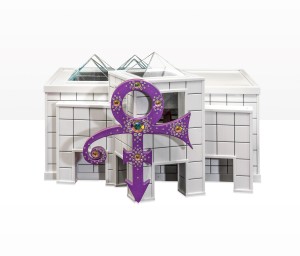
In one word “yes”. Following is the article recently released by Forbes that lists the highest paid celebrities who died this year.
While the Pearly Gates seemed to welcome an unusual amount of celebrities in the past year (David Bowie, Prince and Arnold Palmer, to name just three), the long-departed King of Pop had the time of his afterlife.
The March sale of Michael Jackson’s half of the Sony/ATV music publishing catalog, famous for its library of Beatles tunes, for $750 million puts him at the top of our annual ranking of the top-earning dead celebrities, an ironic finish given that many critics and even advisors once derided the catalog as a badly overpriced investment. Jackson’s total pretax payday of $825 million ranks as the biggest annual haul by any celeb dead or alive.
“He was always doing stuff that was the best, the greatest, the biggest,” says Jeff Jampol, who manages the estates of Janis Joplin, Jim Morrison and others. “That was a big fight when he wanted to buy that catalog … it turned out to be one of the greatest investments ever.”
In 1985, Jackson paid $47.5 million ($140 million in 2016 dollars) to buy the Beatles-packed ATV publishing catalog. Ten years later, Sony paid him $115 million to form a 50/50 joint venture, then purchased his remaining half in March. In all, the sales (and accompanying distributions) gave Jackson’s estate, which is overseen by lawyer John Branca and music exec John McClain, a 30% annualized return on investment.
Peanuts creator Charles Schulz claims the second spot with $48 million. The cartoonist died of colon cancer 16 years ago, but lives on through the franchise—and its licensing revenue, boosted by last year’s well-received 3-D Peanuts movie. Golf legend Arnold Palmer rounds out the top three with earnings of $40 million, most of which was accumulated in the mortal realm, as he passed away just days before our cutoff.
Our set of 13 Halloween-spooky estimates are for pretax income from October 1, 2015, through October 1, 2016, before deducting expenses for agents, managers and lawyers. Sources include Nielsen SoundScan, Nielsen BookScan, PollstarPro, IMDB and interviews with estate experts.
Michael Jackson: The King Of Pop–and celeb earnings–dead or alive (Photo: Mike Powell /Allsport).
Recently deceased superstars Prince and David Bowie also rank high on the list. The Purple One passed away while still at the top of his touring game (grossing nearly $2 million per show) and sold more than 2.5 million albums over the past year, more than any other dead musician. Bowie, meanwhile, released his final album, Blackstar, just two days before his death; the ensuing sales spike helped him outsell Jackson and Elvis Presley (No. 4, $27 million) in the last year.
Presley’s total represents a 50% drop from last year’s figure (a change in how we accounted for Graceland ticket sales, not plummeting demand, accounts for the change). The King of Rock n’ Roll still moved more than 1 million albums on the year—most of them physical, not digital—remarkable for someone who’s been gone for nearly 40 years.
As for Jackson, the Sony/ATV payday gives him the last laugh over doubters. But a decade ago, he already knew what a good deal he’d made, as detailed in my book Michael Jackson, Inc. On a 2007 conference call, the King of Pop reminded Sony/ATV chief Marty Bandier of the acumen that had earned him a nine-figure return on paper by that point.
“See,” he told Bandier. “I told you I knew the music publishing business.”
13. Elizabeth Taylor ($8 million)
12. Steve McQueen ($9 million)
11. David Bowie ($10.5 million)
10. Bettie Page ($11 million)
9. Albert Einstein ($11.5 million)
8. John Lennon ($12 million)
7. Theodor “Dr. Seuss” Geisel ($20 million)
6. Bob Marley ($21 million)
5. Prince ($25 million)
4. Elvis Presley ($27 million)
3. Arnold Palmer ($40 million)
2. Charles Schulz ($48 million)
1. Michael Jackson ($825 million)
You may not be a celebrity and you may not have an estate worth millions of dollars but you still need to do some planning for what you want to have happen to the assets you do have. For more information about this topic, check our our website www.diesmart.com.
 On Thursday, 11/11, Facebook had a bug. It was one that managed to modify user profiles and declare those users dead. Even Mark Zuckerberg, Facebook’s founder, appeared dead on the site.
On Thursday, 11/11, Facebook had a bug. It was one that managed to modify user profiles and declare those users dead. Even Mark Zuckerberg, Facebook’s founder, appeared dead on the site.



